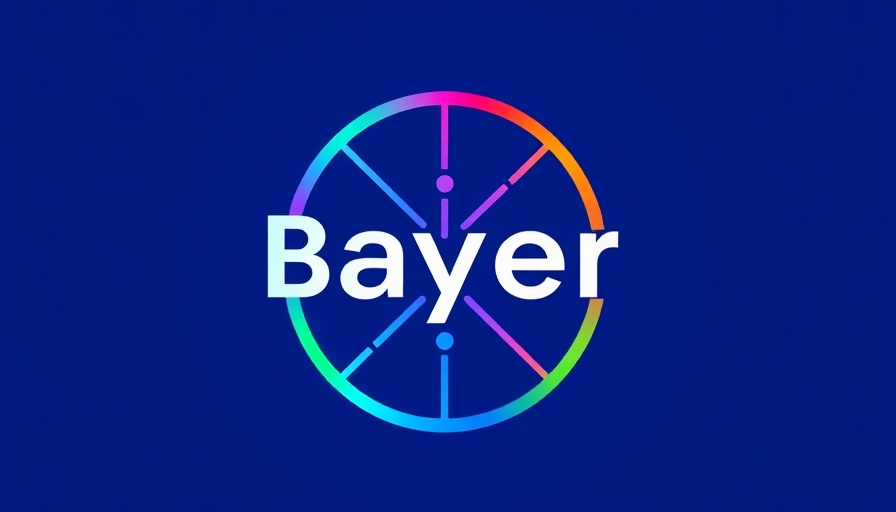
Survey Unveils Global Public Attitudes Towards Breakthrough Technologies
As leaders convene for the World Economic Forum Annual Meeting 2025 in Davos, significant insights emerge from one of the largest global surveys examining public sentiment towards transformative technologies. Conducted by Ipsos in collaboration with Leaps by Bayer and Boston Consulting Group (BCG), the study engaged over 13,000 respondents across 13 countries, highlighting diverse hopes, fears, and concerns regarding advancements in health and nutrition.
Optimism Varies: Hope for Science Across Borders
While a striking 72% of respondents expressed optimism towards science and technology, regional disparities surfaced. Notably, middle-income countries like China (86%) and Nigeria (94%) exhibited a stronger belief in scientific progress than high-income nations such as France (53%) and the U.S. (68%). This phenomenon invites further exploration of why certain cultures nurture greater trust in science, especially in the context of historical skepticism.
Trust Crisis: A Challenge in the West
Despite the buoyancy surrounding scientific advancements, trust in health authorities remains a critical concern, especially in Western nations. With only 62% of global respondents trusting their health institutions, this figure dips alarmingly in countries like France and the U.S. This lack of trust can hinder the acceptance of new technologies, complicating efforts aimed at overcoming vaccine hesitancy and adapting to medical innovations. Mistrust, often exacerbated by the polarizing nature of political discourse, reveals a critical barrier innovators must navigate.
Mixed Feelings on AI: A Paradox in High-Tech Countries
Intriguingly, despite being at the forefront of artificial intelligence developments, the U.S. shows considerable hesitance towards AI in medical treatment, with only 50% of respondents favoring its use. This skepticism underscores the necessity for transparency and robust dialogue about AI's role in healthcare, potentially shaping strategies for both patient trust and wider adoption.
Support for New Genomic Techniques and Cell Therapies
In contrast to AI, enthusiasm for cell and gene therapies emerged prominently, with 59% of global respondents supporting the development of expensive cures, despite accessibility issues. Additionally, new genomic techniques (NGTs) in agriculture attracted positive attention from 56% of participants, particularly in terms of enhancing climate resilience for crops. This indicates an openness to advancements in biotechnology that can alleviate societal challenges.
Knowledge is Key: Closing the Gap
One recurring theme from the study is the correlation between knowledge and trust. The more informed respondents are about specific technologies, the more positively they view them. Thus, for innovators, there is a significant opportunity to foster understanding through educational outreach and effective communication strategies. Listening to the public’s concerns and addressing uncertainties directly can help transform skepticism into trust.
As Dr. Juergen Eckhardt from Bayer aptly put it, "Building societal acceptance begins with actively listening to people's hopes and concerns about breakthrough science.” The findings underscore a potent lesson for the industry: to innovate successfully, building a collaborative dialogue between science and society is essential.
 Add Row
Add Row  Add
Add 




Write A Comment